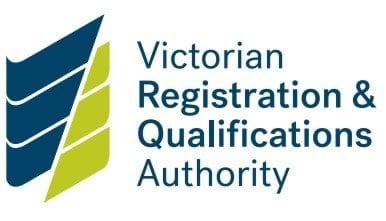About the Standard
This Standard requires RTOs to support strategies to:
- empower children
- promote their participation.
RTO’s requirements include:
- informing children about their rights
- recognising the importance of friendships
- encouraging support from peers, to help children feel safe and connected
- providing children with access to sexual abuse prevention programs where relevant
- equipping staff and volunteers to identify the signs of harm to children.
How to comply
An RTO must be able to provide evidence of:
- a commitment to the importance of:
- empowering children to understand their rights
- the value of friendships to help children feel safe
- ways for children to raise safety issues and provide feedback about the physical environment, staff behaviour and RTO practices
- actions and strategies that support children to:
- understand their rights
- feel connected to their peers
- have a voice in the RTO's operations and environment
- professional development and induction training for staff and volunteers to help them to:
- identify signs of child abuse
- address the importance of supporting students to make friends to strengthen their confidence and engagement
- a Child Safety Code of Conduct that includes standards for staff and volunteer behaviour and explains their responsibilities. This includes making sure students are informed of their rights, know how to raise complaints and are aware of sexual abuse prevention programs.
Examples of compliance
An RTO complying with this Standard may have:
- website publication of policy and procedures that reference the RTO’s commitment to the Standards and the rights of children
- communication and engagement resources that explain the complaints process and how to access sexual abuse prevention programs. This could be as part of the:
- RTO website
- student handbook
- marketing material
- a Child Safety Code of Conduct that requires staff and volunteers to inform students about their rights and how to raise safety concerns
- professional development and induction that promotes staff and volunteers' responsiveness to feedback from children
- a monitoring or performance framework to review child safe policies and procedures.
Updated


